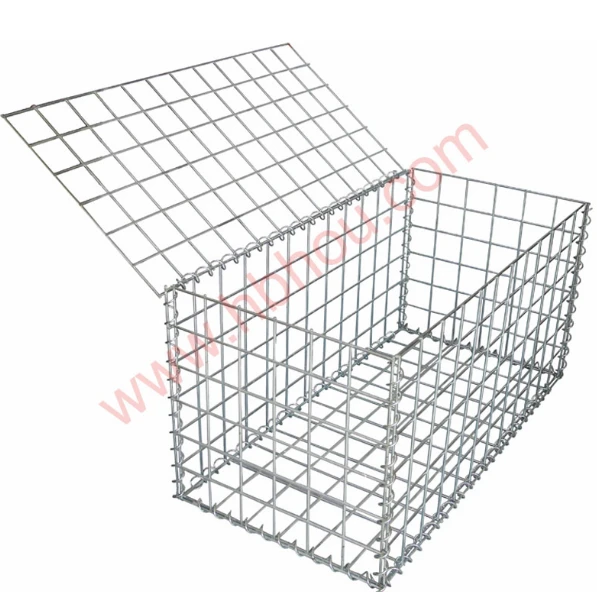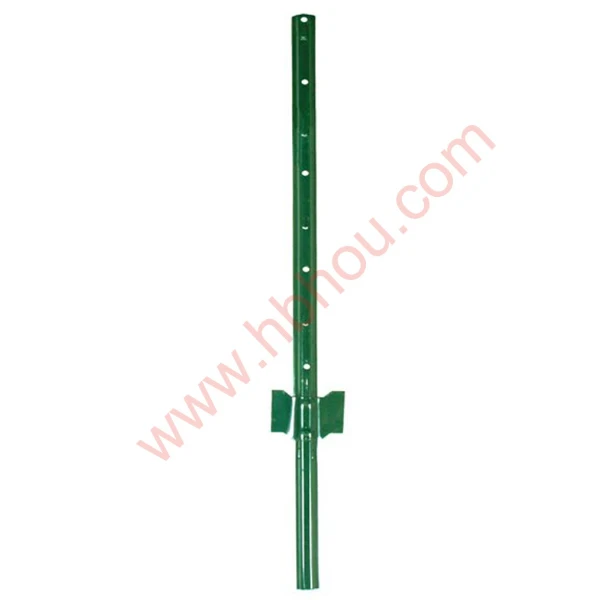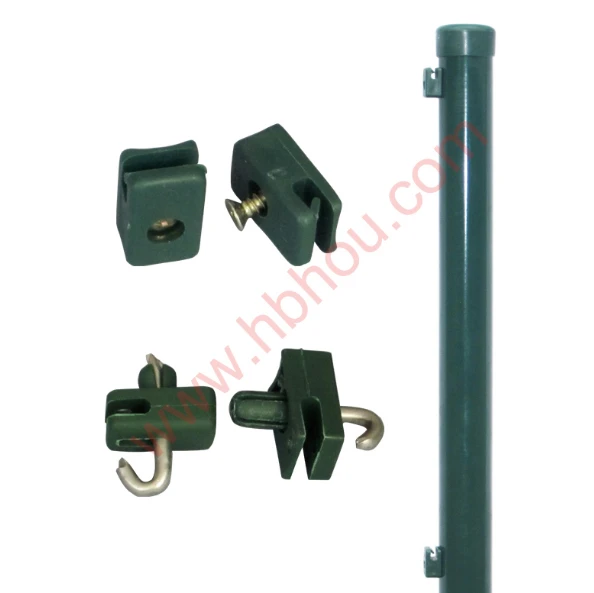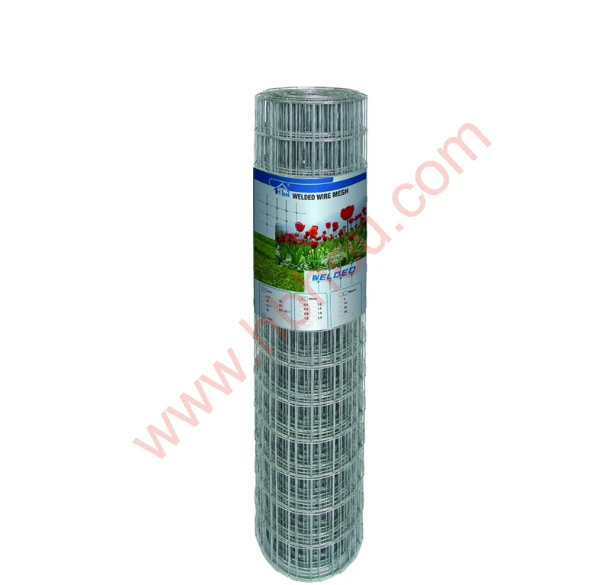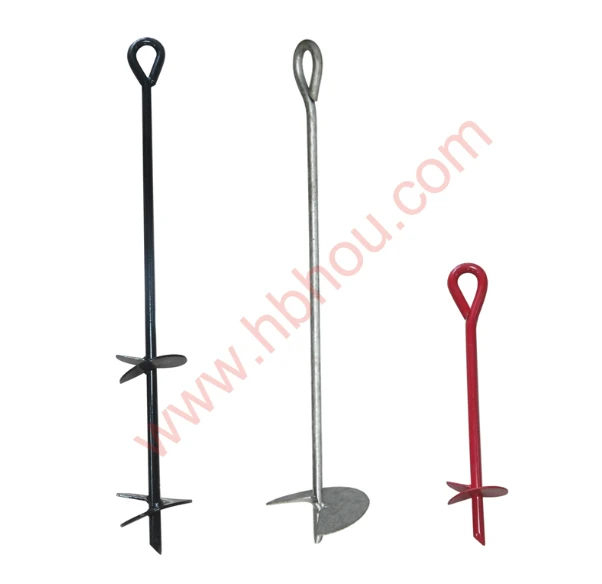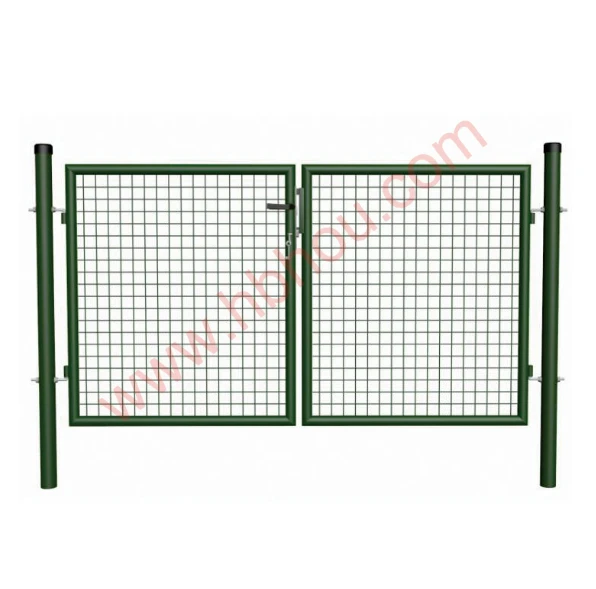When it comes to keeping your garden in top shape, using the right plant stakes and supports can make a significant difference. Whether you're growing tomatoes, flowers, or young trees, ensuring your plants are properly supported helps them grow straight, strong, and healthy. With so many options for plant support stakes, this guide will help you find the perfect solution to meet your gardening needs.
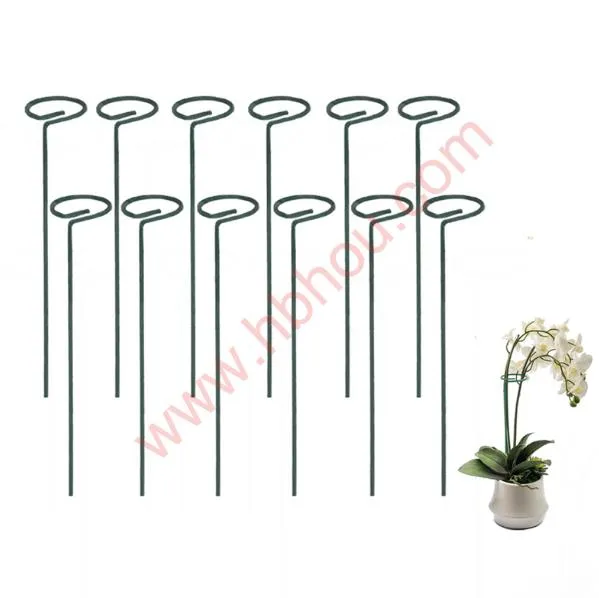
Types of Plant Stakes
Wooden Plant Stakes Wooden stakes are among the most popular and versatile options for gardeners. They come in a variety of lengths and diameters, making them suitable for supporting everything from small flowers to larger vegetable plants. Wood is biodegradable and blends well into natural garden environments. Cedar and bamboo are two commonly used types of wood for plant stakes, both known for their durability.
Metal Plant Stakes Metal stakes offer a strong, durable option for supporting larger plants and shrubs. Galvanized steel and iron stakes resist rust and can withstand heavy wind or plant growth. These stakes are ideal for plants like tomatoes or peonies that need extra support, and they often come with adjustable rings to allow for plant growth over time.
Plastic Plant Stakes Lightweight and cost-effective, plastic stakes are another option for supporting smaller plants. They are often used in combination with trellises or cages for climbing plants like beans or cucumbers. Plastic plant stakes come in various colors and sizes, making them an easy solution for light-duty garden tasks.
Fiberglass Plant Stakes Fiberglass plant stakes are known for their strength and flexibility. These stakes are great for long-term projects and can be used for various plants, including trees, perennials, and vegetables. They are resistant to weather conditions, UV rays, and moisture, making them perfect for outdoor use.
Custom Plant Stakes
If you have specific needs for your plants or are looking for a unique look in your garden, custom plant stakes might be the solution. Many suppliers offer custom designs in a variety of materials like wood, metal, or plastic. Whether you need extra-long stakes for tall plants or a specific design for decorative purposes, custom stakes allow you to tailor your garden to your exact preferences.
How to Choose the Right Plant Stake
Size and Height
The size of the stake you need depends on the plant you’re supporting. For small flowers, shorter stakes around 2-3 feet might be sufficient, while taller plants, trees, or vines may need stakes that are 6 feet or taller. Be sure to choose stakes that are sturdy enough to support the weight of the plant as it grows.
Material
When choosing a material, consider the longevity and appearance of the stake. Wooden stakes are eco-friendly and natural-looking, but they may not last as long as metal or fiberglass stakes. Metal stakes provide strength and durability, especially for heavy plants, while plastic and fiberglass stakes offer flexibility and resistance to weather damage.
Plant Compatibility
Different plants require different types of supports. For climbing plants like beans and peas, stakes can be combined with string or trellises to guide their growth. For delicate flowers, a soft plastic stake with a gentle support ring may be the best option. Consider the growth habits of the plant when selecting a support system.
Ease of Installation and Adjustability
Some plant stakes are easier to install than others. Metal stakes, for example, are easy to push into the ground and tend to be reusable year after year. Stakes with adjustable rings or clips allow you to modify the support as the plant grows, which is especially helpful for fast-growing or tall plants.
Plant Support Solutions
Plant Cages
For plants that need more structural support, plant cages are a popular choice. Tomato plants, in particular, benefit from being caged, as it helps keep the fruit off the ground and supports the heavy branches. Plant cages are available in various materials like wire, plastic, and coated metal, each offering a sturdy frame for your plants.
Trellises
Trellises are ideal for climbing plants like beans, cucumbers, or sweet peas. They provide a vertical support system, allowing plants to grow upwards and save space in the garden. Trellises come in many designs and can also add an ornamental touch to your garden.
Plant Ties and Clips
Plant ties and clips help secure stems to stakes or trellises without damaging the plant. They come in materials like soft plastic, rubber, or fabric and can be adjusted as the plant grows. These are particularly useful for plants like tomatoes or vines that may need gentle guidance to grow in the right direction.
Garden Grids
For raised garden beds, using a garden grid system allows you to provide consistent support for multiple plants at once. These grids create a structured layout for your plants and can be customized to suit the size and shape of your garden bed.
Pricing of Plant Stakes
The price of plant stakes varies based on material, length, and durability. Wooden plant stakes are often the most affordable, with prices starting at just a few dollars per stake. Metal and fiberglass stakes tend to be more expensive, with prices ranging from $5 to $20 depending on size and strength. Custom plant stakes may cost more depending on the design and materials used.
When buying stakes in bulk for larger gardens, many suppliers offer discounts, especially for wholesale orders of plant support stakes. Consider the long-term investment in durable materials like metal or fiberglass to save on replacement costs down the line.
Choosing the right plant supports stakes ensures that your plants grow tall, healthy, and productive. Whether you’re looking for custom plant stakes, or need sturdy metal stakes for a vegetable garden, the right choice will keep your garden thriving throughout the growing season.









